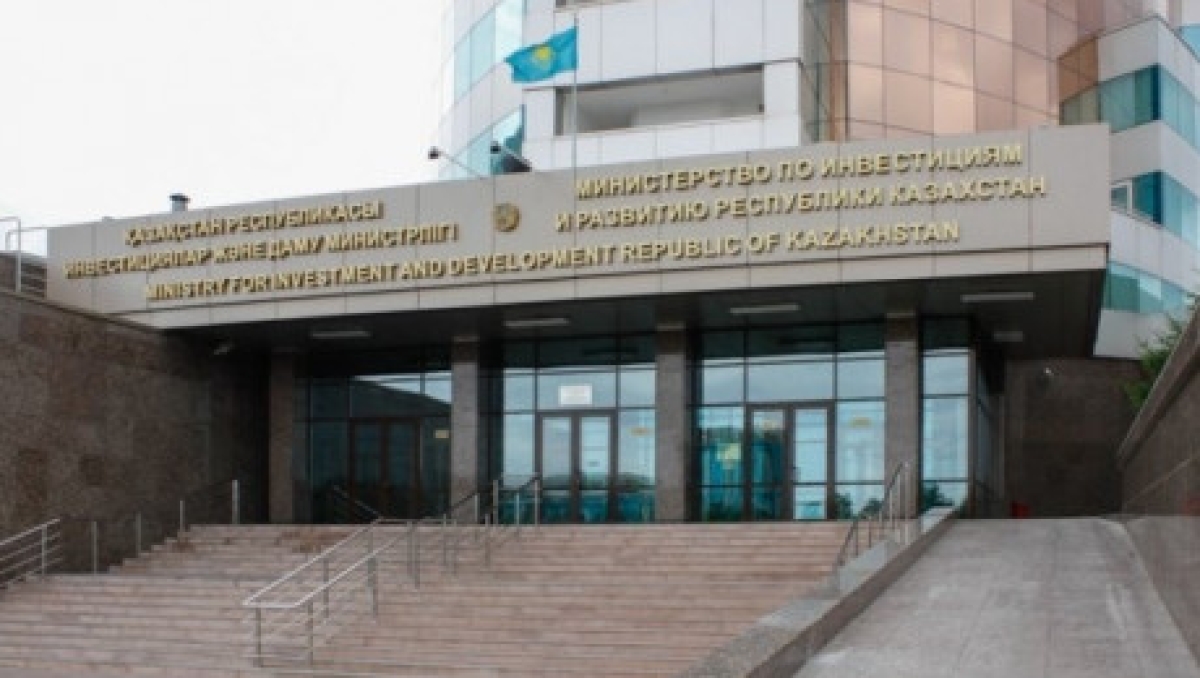On February 14, 2025, a meeting of the working group was held to discuss the further development of the mediation institute. The moderator of the working group was K. Safinov, Director of the Institute of Parliamentarism, and members of the working group to discuss the further development of the Institute of mediation, as well as A. Kurmanov, Vice Minister of Culture and Information.
There were three issues on the agenda:
1. Consideration of the draft Rules for training in the program of professional training and advanced training of mediators. Speaker: Ministry of Culture and Information of the Republic of Kazakhstan.
2. The introduction of school mediation in educational institutions, the formation of a culture of peaceful conflict resolution among students. Speaker: Ministry of Education of the Republic of Kazakhstan.
3.Mandatory informational meeting with a professional mediator and mandatory mediation in Kazakhstan: legal aspects, practice and prospects. The experience of foreign countries. Speaker: Zhakupov J.A. – Chairman of NGO "International Human Rights Center".
On the first issue of the meeting's Agenda, a representative of the Ministry of Culture and Information presented draft Rules, according to which amendments and additions were proposed to introduce legislative regulation of the Mediation Coach Training Course, the hours of training in the basic mediation program were increased, and the requirements for participants in the coaching course were regulated. It is proposed to coordinate training programs for mediators with the authorized body in the field of mediation, the number of courses conducted by the organization of mediators is limited to no more than 20 times a year. The requirements for mediators and coaches of mediators are established at least once every three years and more.
On the second issue, the representative of the Ministry of Education stressed the importance of developing school mediation in educational institutions, the need to form a culture of conflict resolution in a constructive way and the behavior of children, schoolchildren, and students in conflict situations from an early age. Previously, work was carried out in this direction and is now being carried out. Experimentally, some schools open mediation classrooms, train staff, school teachers, psychologists, and they use mediation skills as part of their work, as well as create clubs, optional subjects at universities, and involve students in the topic of mediation and dispute resolution culture through mediation. Some universities hold mediation competitions, where the judges are the head of the IPC Zh.Zhakupov.
On the third issue, the President of the IPC J.Zhakupov said that he had visited a number of CIS and foreign countries (Turkey, Azerbaijan, Georgia). In addition, the coordinator of the IPC, A. Zamanbekova, studied the experience of European countries and the United States in mediation. There, the issues of applying a mandatory information meeting with a mediator and the issues of conducting mandatory mediation were studied. As for the application in Kazakhstan, Zhakupov emphasized the obligation and necessity of holding an information meeting with a mediator at the pre-trial stage on certain types of disputes in a pilot manner (labor, family disputes). These disputes are very media-friendly, due to the specifics and nature of this category of disputes. At the same time, Zhakupov noted that the development of this issue and draft laws on the introduction of norms on mandatory information conversation in Kyrgyzstan is actively underway, where a government decree was adopted last year and the mediation concept was approved, which provides for the development of draft laws on amendments and additions to legislative acts on the development of the institute of mediation and the introduction of mandatory information meetings with the mediator.
Zh. Zhakupov stressed that it is necessary to distinguish between the concept of a mandatory informational meeting with a professional mediator and the mediation procedure itself in Kazakhstan. These are different things, and now at this stage of development, maintaining a mandatory information meeting is quite acceptable, does not require money from the budget, and with a sufficient level of regulation and support from authorized bodies, it is quite possible to make these changes. But he also continues to insist on the creation of a unified association of mediators in Kazakhstan, which will allow for the coordination and regulation of the actions of mediators. Mandatory mediation is present in many countries. These are Great Britain, America, Italy. Moreover, the Italian experience is such that the mandatory mediation procedure itself was introduced for certain types of disputes, but was subsequently canceled and reintroduced because the results were analyzed, research was conducted and the effect of mandatory mediation was assessed.

Photo taken from the website: https://ortcom.kz/ru/novosti/1659421092



